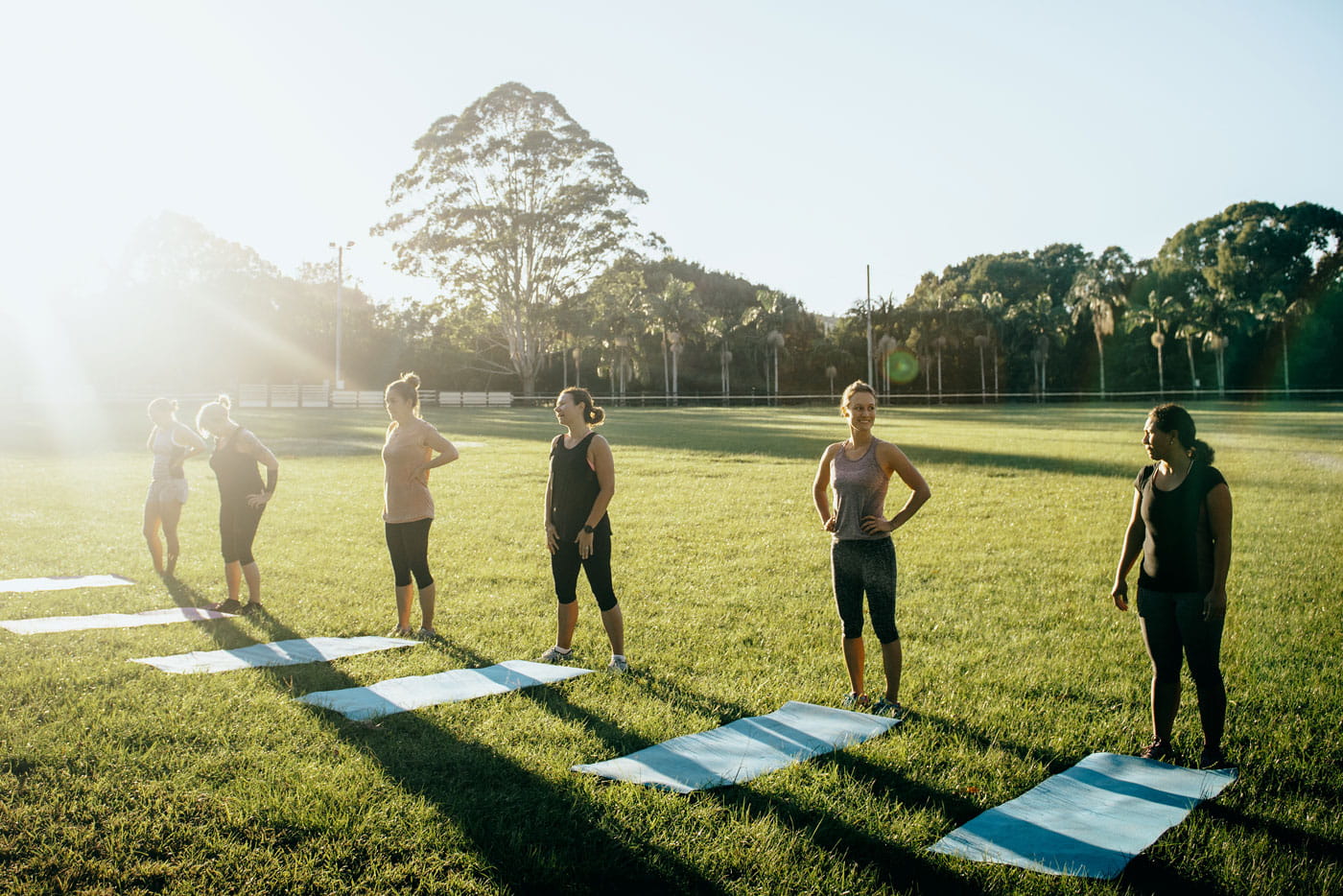
Sickness and injury
Our aim is to help you ensure your and your family’s security, even if you become unable to work because of sickness or injury. You’re in safe hands with us.
lifePLUS insurance with PSSap
If the unexpected happens & you’re sick or injured, our flexible lifePLUS insurance is there to help you through today & secure your tomorrow.
Find out morelifePLUS Protect (after ADF service)
If you’re leaving the ADF, you may be interested in lifePLUS Protect cover. Peace of mind for today, and security for tomorrow.
Find out moreADF medical transition
We're here to guide you through your medical transition from the ADF.
Get supportEarly access to super
Super is designed to provide income for you when you retire—but in some situations you may need to access your super early.
Early access to superSupport and rehabilitation
Rehab after injury or illness comes in various designs, depending on your medical and personal circumstances.
Rehabilitation for PSSap membersLife stories
We’re talking to CSC members to hear how insurance through super has supported their recovery and wellbeing.
Real stories. Real members
Mental health support
If you or someone in your family is feeling mentally overloaded or needs someone to talk to, My Psychologist is a telehealth service offering timely, confidential and professional support.
Find out moreMake a claim
With CSC, the process of making a claim is simple. We guide you every step of the way.